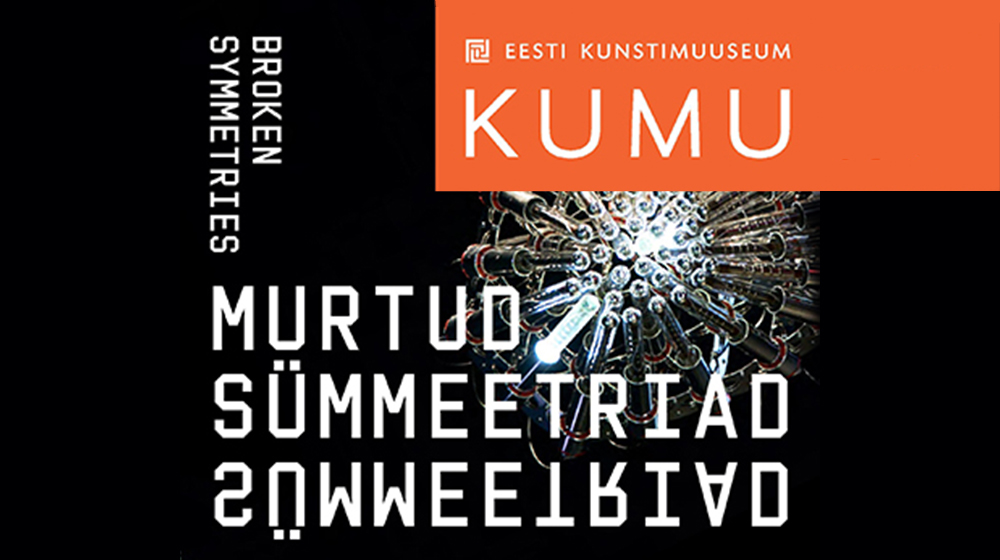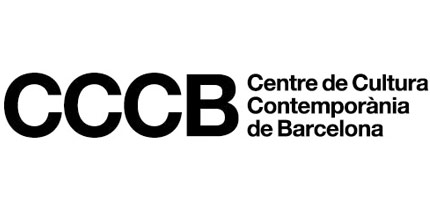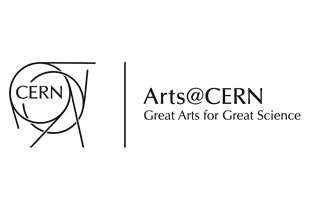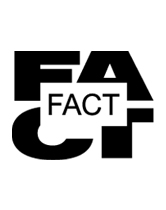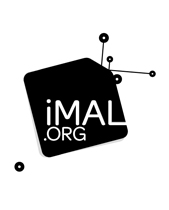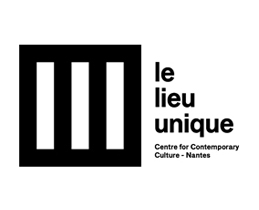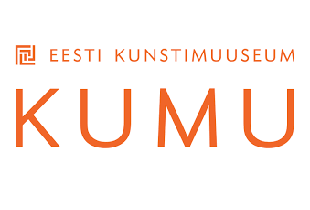Quantica/Broken Symmetries
Tallinn / Kumu Art Museum
After its journey through the FACT in Liverpool, the CCCB, the National Taiwan Museum of Fine Arts and the iMAL in Brussels, the exhibition Quantica/Broken Symmetries is now being presented at Kumu, the main building of the Art Museum of Estonia in Tallinn.
In recent years, CERN, the European Laboratory of Particle Physics, home of the Large Hadron Collider, has fostered novel models of collaboration between arts and science within the context of the lab. Collide International Award, the flagship programme of Arts at CERN run in collaboration with FACT between 2016 and 2018, is the origin of Broken Symmetries.
Our senses are only capable of accessing a tiny part of the world we live in. The underlying nature of the universe, including unthinkably small actions which dictate the ways in which our world works, remains ever elusive. Thanks to new technological devices and scientific breakthroughs of the last hundred years we are now more able than ever to understand the nature of this hidden realm.
Nowhere is this more evident than within physics: the study of the basic properties, materials, and laws which make up the universe. But nature as described by modern physics often defies common sense: basic principles seem to contradict one another, language is utilised in unfamiliar ways, and seemingly complex theories are tested and proven possible. In these scenarios artists, as well as scientists, reveal some of the challenges required to uncover, understand and give back to society such knowledge in the form of cultural artefacts.
The exhibition brings together nine new commissions by international artists who explored the complex language of physics, as well as the experiments created to understand nature and the synergies of the CERN community. Encompassing a wide range of artistic practices, the works presented in Quantium/Broken Symmetries delve into narratives that can be traced to the fundamental and philosophical foundations of science.
Curators: Mónica Bello, José-Carlos Mariátegui
